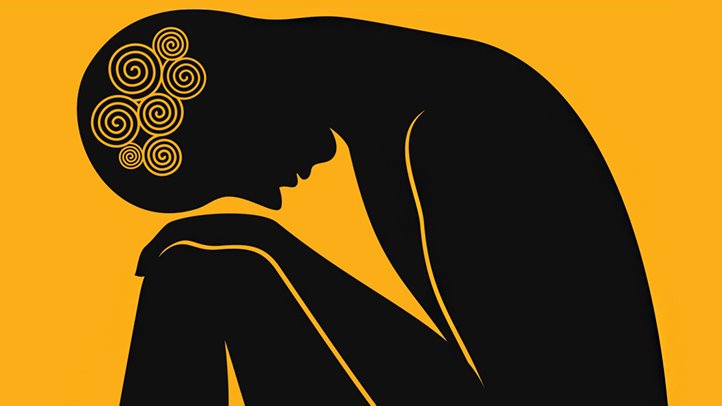KJIPUKTUK (Halifax) – How do people in the Halifax Regional Municipality recover from episodes of anxiety and depression, or manage their chronic symptoms? What is the role of mainstream health care, and what other ways to get better are out there? And to what extent does your cultural background play a role in all this?
Right now we don’t really know. But those are the kinds of questions a new study hopes to at least begin to answer.
“In my own life, and in the lives of family members, I have dealt with mental health issues over the years,” says dr. Amy Bombay, an Ojibway (Rainy River First Nation) researcher at the Dalhousie School of Nursing.
Bombay is conducting the study together with Dr. Zenovia Ursuliak, and Dr. Ingrid Waldron, who is familiar to our regular readers because of her tireless work on environmental racism in Nova Scotia.
“It is so evident that the mainstream mental health system is currently not meeting the needs of many people, but there is not a lot of research that looks at it from a people’s perspective, whether they are patients or managing this distress on their own,” Bombay says.
Not everybody relies on so called professional support when suffering from mental health issues such as anxiety and depression, the researchers have learned.
“People will tell you, yes, I went to see a naturopath, or I rely on my church to keep my balance. People with different cultural and social backgrounds see mental health differently and are also likely to look beyond the mainstream mental health system. We think it is important to understand why people are doing that and how it is helping them,” she says.
Approximately 20% of Canadians suffer from mental illness in their lifetime, with 12% experiencing major depressive disorder. Where you’re from matters, immigrants from Asia have the lowest rates, and immigrants from Europe experiencing rates similar to the Canadian-born population.
We also know that levels of psychological distress among aboriginal peoples in Canada are consistently higher relative to the mainstream population. This is not surprising after 400 years of colonialism, racism and neglect by white society. This is something the researchers recognize, Bombay says.
“Some of the questions we ask ask are about the degree to which different types of healthcare providers and other types of formal or informal support providers get to that. What types of healthcare providers are more likely to get to know the person and get to the root causes of some of these issues,” says Bombay. “We already know that when your appointment is for 15 minutes, you can’t really do that.”
What’s more, a recent needs assessment carried out at the Mi’kmaq Native Friendship Centre in Halifax showed that indigenous people would like to access traditional indigenous healing approaches, but that they encounter barriers.
The study is especially hoping to hear from people in HRM with indigenous backgrounds, African Nova Scotian backgrounds and or any other racial and cultural background (white European, Asian, South Asian, Southeast Asian, etc.), 19 years of age or older.
“We really want to hear from people who are themselves dealing with either depression, symptoms of anxiety or just feeling generally distressed and overwhelmed,” says Bombay. “We want to give them a chance to tell us, this is what I need to be better supported.”
“We see this as a first step to do more research, and we hope to get people who deal with these issues to help us understand what research questions we should really be looking at.”
If you live in HRM you can complete an on line survey here, or you can request a paper copy.It will take 20-60 minutes to complete the survey, asking about your personal history, cultural identity, experiences with treatments, preferences for treatments and how you are currently doing.
A $10 gift card (choice of Pete’s Frootique, Superstore, Cineplex, Walmart, or Tim Hortons) will be provided in appreciation for your time.
If you would prefer to meet someone in person, at the public library or another community center to complete the survey, please contact mentalhealthHRM@gmail.com or call 902-494-1274.
If you can, please support the Nova Scotia Advocate so that it can continue to cover issues such as poverty, racism, exclusion, workers’ rights and the environment in Nova Scotia. A pay wall is not an option, since it would exclude many readers who don’t have any disposable income at all. We rely entirely on one-time donations and a tiny but mighty group of dedicated monthly sustainers.




